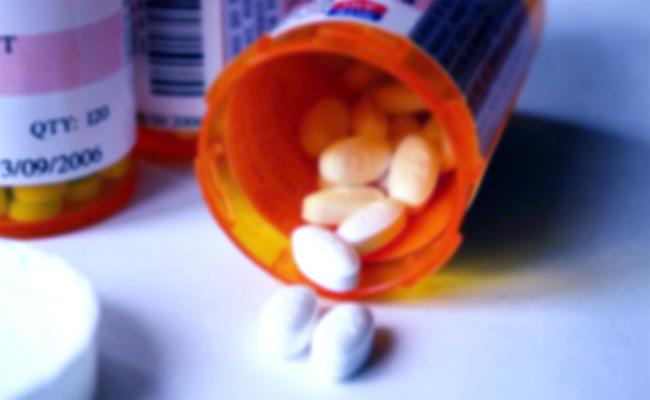Addiction treatment challenges during the COVID-19 pandemic

The coronavirus pandemic has created new challenges for people in the throes of substance abuse disorder, and those charged with treating their addiction. Some local providers say that while changes to federal regulations are helping address some of those challenges, they are also creating new problems.
The national emergency declared by President Trump in March in response to the coronavirus pandemic left behavioral health and addiction treatment providers scrambling to comply with CDC guidance on social distancing.
This meant acquiring new technology, training staff how to use it and developing new prescribing and group therapy practices.
Bruce Johnson is Director of the New Castle County-based intensive outpatient drug and alcohol rehab service Pace. He says drug and alcohol abuse is up during the pandemic, and conducting therapy sessions via Zoom is not ideal for many patients.
“Unfortunately we’re seeing a much higher rate of relapse with the clients we have, and then when you combine that with the limitations of telehealth therapy—which is better than nothing—it just makes it much more difficult for clients to connect,” said Johnson.
The Trump administration’s national emergency also waives a federal law requiring an in-person visit to prescribe suboxone to patients with opioid use disorder.
The active ingredient in suboxone is buprenorphine. It and other medication-assisted treatments, like methadone, are considered the gold standard in treating patients for their addiction to opioids.
Dr. Lisa Deal is the Director of Pharmacy at Sun Behavioral Health in Georgetown. She says prescribing via telehealth has been a good change and has helped get medication to more patients.
“Having this ability has been really great for the community,” said Deal. “Sussex County really does have a high rate of substance use disorders based on our socioeconomic levels and things like that. So it’s really nice to have that ability.”
Deal and others say they hope the restriction remains lifted after the coronavirus pandemic dies down.
But Deal has concerns about another change to prescribing law. During the pandemic, the federal government is allowing methadone clinics to give out 28-day supplies of the addiction treatment drug to some patients as a measure to reduce crowds lined up at the clinics.
Deal says with less interstate heroin trade during the pandemic, her patients are abusing methadone.
“They’re taking two, three, four, five doses in a day, because they have it,’ she said. “They have an addictive personality. They have access to it, so they’re using it. They’re overdosing, they’re going to the ER and then they’re coming to us from the ERs to get treatment.”
Dr. Lynn Morrison is CEO at Brandywine Counselling and Community Services which runs opioid treatment programs in all three Delaware counties. She says it’s at the discretion of the clinicians to prescribe the methadone dosage based on the stability of a patient.
“There are some people who are only getting one and they need to come in every other day. There are some who are getting three, six,” said Morrison. “As they show a level of responsibility or have an increase in negative urine drug screenings then we can increase their take-homes.”
Morrison says she worries about patients abusing methadone, but adds she has no reason to believe one of her patients has overdosed from the drug during the pandemic.
Dr. Will Northey is interim CEO for Connections CSP—another group that runs methadone clinics throughout the state. He says he’s not as concerned about methadone as a threat for overdose.
“Methadone is not a great drug to abuse. It’s not like heroin,” said Northey. “People might take some more of it, because it might make them think it will make them feel better or something like that, but there’s generally not the same kind of risk for overdose with methadone.”
Both Northey and Morrison say the crowds at their clinics have been greatly reduced as a result of the new federal guidelines and both are enforcing social distancing guidelines for the patients that are coming in.
But both Johnson and Deal agree the COVID-19 pandemic will likely create a further surge of substance abuse and mental health needs in the state.
 Pathways Drug Rehabilitation Luxury Addiction Treatment & Detox Center
Pathways Drug Rehabilitation Luxury Addiction Treatment & Detox Center



